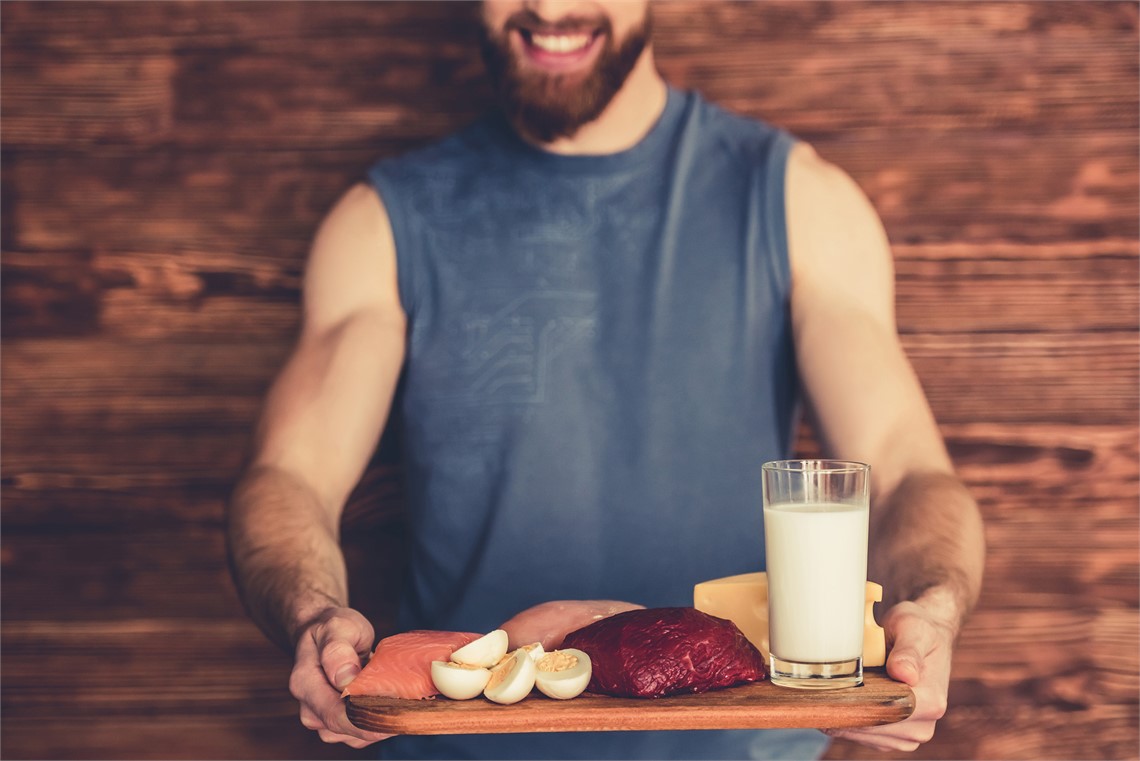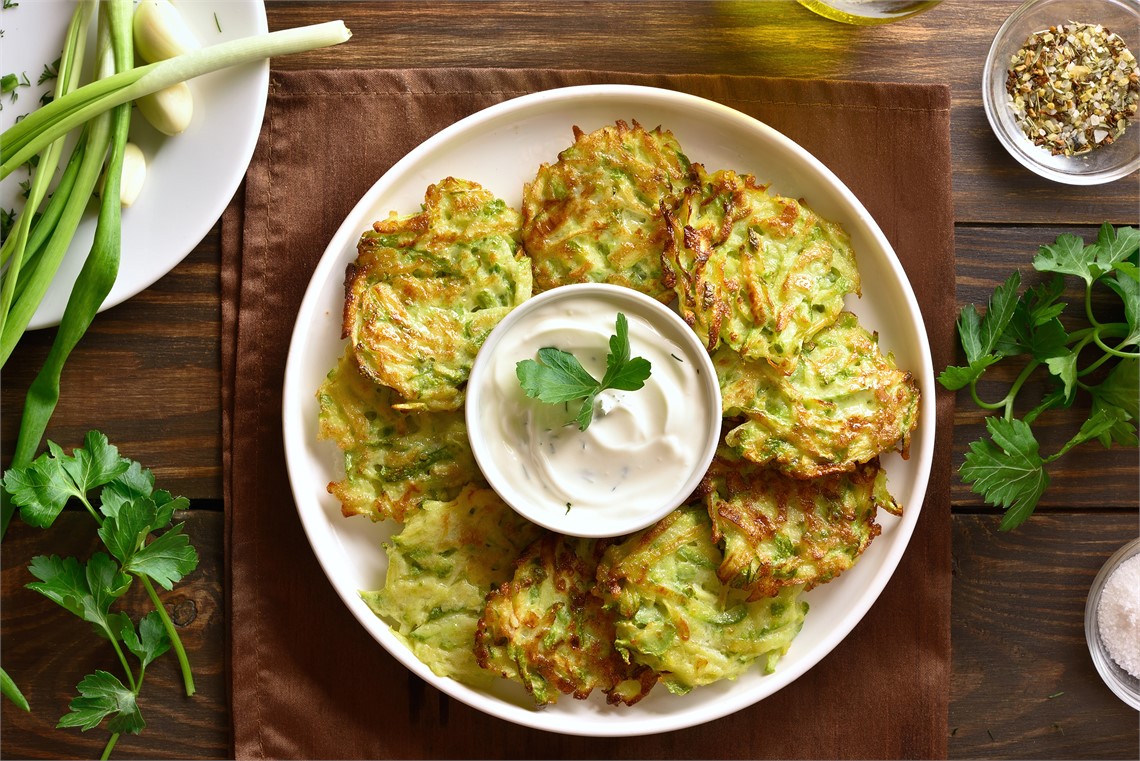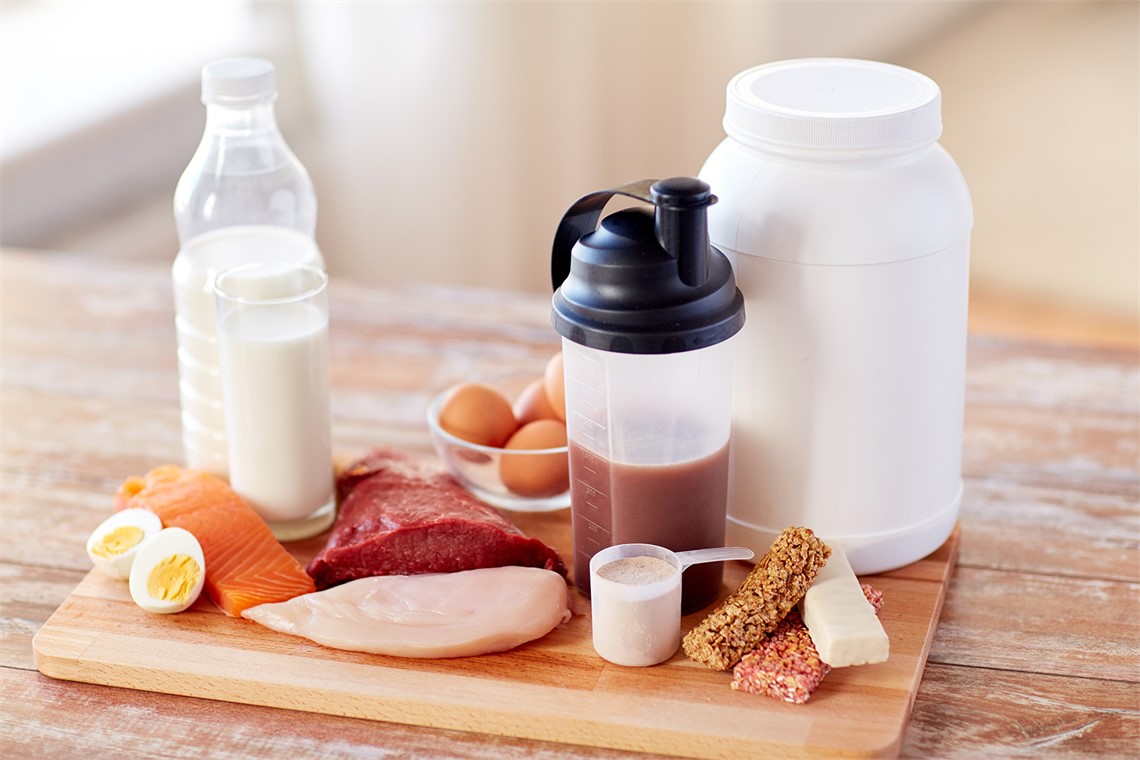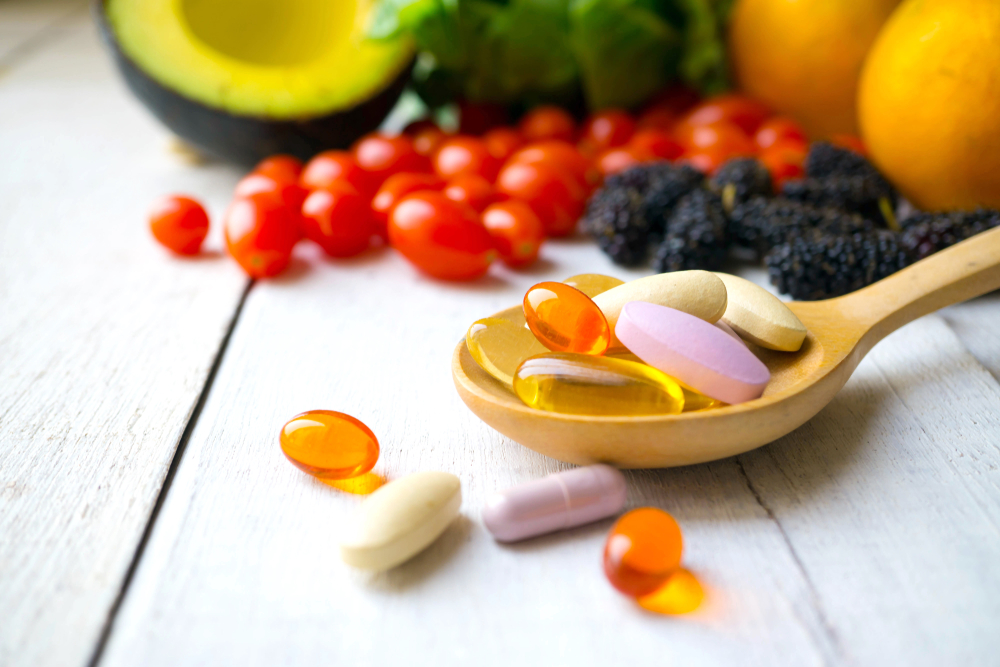Are you training for your first Sanlam Cape Town Marathon event? Fedhealth Dream Chasers dietician, Andrea du Plessis, tells us more about natural immune boosters to ensure you stay healthy during the cold winter months.
Did you know?
When you train at high intensities, your body needs 50% more vitamin C. Exercising in winter makes you more vulnerable to cold infections due to the stress of the cold temperatures on your body, as well as the decreases in vitamin C levels after exercise. Supplementation with vitamin C when exercising is vital, to ensure you maintain sufficient levels for your immune cells to be able to fight off invading cold and flu viruses and bacteria.
Natural immune boosters include:
- Vitamin C: 1000 to 2000mg daily is recommended to support your immune system.
- Zinc: 15mg per day is known to support the immune cells in fighting off infections.
- Vitamin D: a deficiency weakens the immune system. Supplementation is recommended during winter.
- Garlic: Garlic is known for its immune stimulating effects, helping the immune cells to fight infections.
- Ginger: Ginger can assist in the relief of chest and sinus congestion, as it helps to thin the mucous, thereby helping with the clearing of mucous through coughing and blowing your nose.
- Chillies: Chillies contain vitamin C and other immune stimulating benefits.
Vitamin C steals the show when one considers the immune boosting benefits of nutrients. Where 1000mg is usually enough to boost your immune system, 1500mg per day is recommended on days when you exercise.
How does it work?
Since our immune system is responsible for protecting our bodies against invading viruses and bacteria, it comes as no surprise that vitamin C’s actions are directly focused on the immune cells.
- According to test results published in Advances in Experimental Medicine and Biology, there is up to 100 times more vitamin C in our white blood cells than in the plasma (the fluid component) of our blood.
- Vitamin C has also been shown to increase the numbers and activity of our immune cells, as well as protecting our immune cells against premature degeneration.
- At the onset of an infection, in increase in the usage of vitamin C by our immune cells result in a decrease in vitamin C levels. During this time, the body retains dietary vitamin C more effectively, as it is required to help fight the infection.
Can vitamin C support the prevention and management of colds and flu?
- Reduce the risk: Taking 1000mg vitamin C per day can help to reduce the risk for colds and flu.
- Reduce severity of symptoms: A daily dose of 1000mg of vitamin C can reduce the severity of the symptoms of a cold, according to a review published in the Cochrane Central Register of Controlled Trials.
- Reduce the duration: This same report showed that 1000mg vitamin C per day showed a reduction in the duration of cold symptoms with up to 1.5 days.
Contrary to the popular belief that oranges have the highest levels of vitamin C, guavas, sweet red peppers and chillies contain between 3 to 6 times more vitamin C than oranges.
Signs of vitamin C deficiency include bleeding gums, poor healing of wounds and bruises, muscular atrophy, skin lesions, rheumatic pain in legs and depression.
For more information, visit capetownmarathon.com or for any nutrition related questions, contact Andrea du Plessis on 084 403 6018, email andreaduplessis28@gmail.com or go to www.facebook.com/andreaduplessis.nutrition.expert
DISCLAIMER: The information on this website is for educational purposes only, and is not intended as medical advice, diagnosis or treatment. If you are experiencing symptoms or need health advice, please consult a healthcare professional.


























